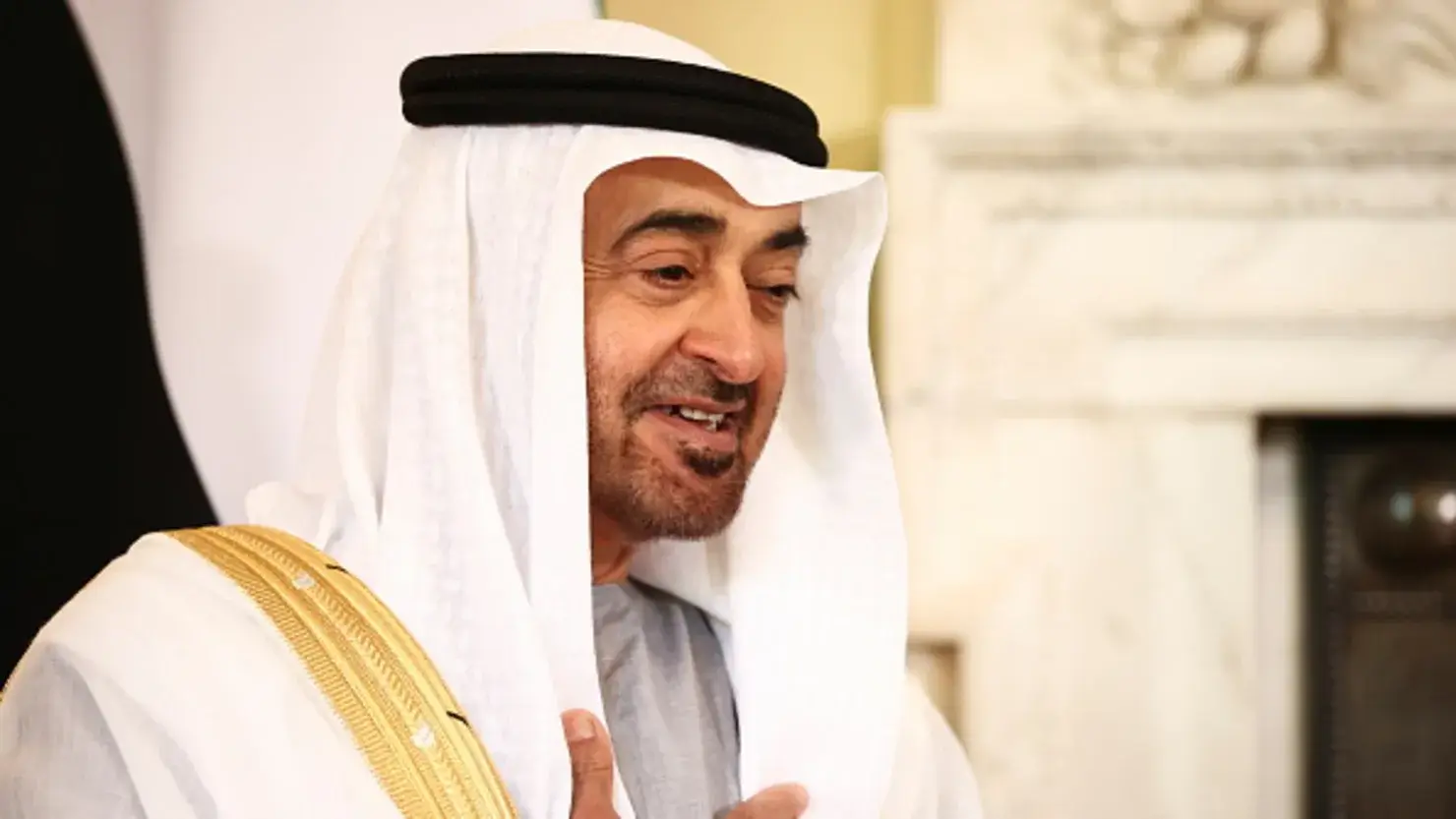The United Arab Emirates (UAE) and the United States are gearing up to redefine their long-standing relationship—one that’s worth over $1 trillion. The key to this new phase? Artificial intelligence, technology, and a whole lot of economic innovation.
Economic Shift: Moving Beyond Oil and Defense
When Emirati President Sheikh Mohammed bin Zayed Al Nahyan visits Washington, D.C., the headlines will focus on economic realignment. Sure, the war in Gaza will be on the agenda, but Sheikh Mohammed’s primary mission is steering the UAE-U.S. relationship toward innovation, AI, and the future of tech.
As Anwar Gargash, one of Sheikh Mohammed’s top advisors, said, the UAE is no longer fixated on the “traditional” pillars of oil and defense. “We are more in a geo-economic phase,” Gargash explained. The focus now is expanding the UAE’s economic footprint, with AI and renewable energy as the new frontier. It’s less about weapons and more about the AI revolution. Who saw that coming?
AI Takes Center Stage
In February, OpenAI CEO Sam Altman called the UAE the world’s “regulatory sandbox” for AI. And the UAE wasted no time. By April, Microsoft was in with a $1.5 billion investment in G42, the Emirates’ leading AI firm. Add that to the mix of players like BlackRock and Mubadala, and you’ve got a recipe for a robust AI investment partnership.
What’s the strategy here? The UAE wants to attract U.S. tech dollars while still maintaining a careful balance with its ties to China. A delicate dance, especially with U.S. chip curbs in place due to concerns about tech ending up in Beijing’s hands.
A Trillion-Dollar Friendship: Decades in the Making
The U.S.-UAE partnership spans five decades and has blossomed into a whopping $1 trillion in investments. That’s not just pocket change. The UAE’s sovereign wealth funds, including the Abu Dhabi Investment Authority, have poured money into American real estate, infrastructure, and, of course, technology. It’s clear: The UAE isn’t just buying oil fields anymore—they’re shopping for the future.
In 2023 alone, U.S.-UAE bilateral trade reached a cool $31.4 billion. U.S. exports to the UAE exceeded $24.8 billion, signaling that this partnership is not only strong but growing fast.
The U.S. Connection: More Than Just Business
While the focus of Sheikh Mohammed’s visit may be on economics and AI, let’s not forget that the U.S. and UAE have a robust defense relationship. The UAE hosts the American air base at Al Dhafra and has been a key partner in U.S. military operations throughout the Middle East, including Afghanistan, Iraq, and the fight against ISIS. The UAE’s strategic importance goes beyond its economic might.
Regional Challenges Loom Large
Of course, not everything is roses and AI. The conflict in Gaza continues to create instability across the region. Sheikh Mohammed’s meetings with President Biden and Vice President Kamala Harris will undoubtedly cover regional security concerns, including the humanitarian crisis in Gaza and the shifting dynamics in Lebanon and Yemen. With Iran reportedly aiding the Houthi rebels in Yemen, tensions are high, and the clock is ticking toward the U.S. election.
The Road Ahead: A 360-Degree Partnership
As Gargash puts it, the UAE and the U.S. are working toward a “360-degree relationship.” It’s no longer just about oil or defense deals—it’s about shaping the next 20 years of economic and technological collaboration.
Conclusion: The Future is Now
The UAE’s pivot to a tech-driven, AI-focused partnership with the U.S. is a bold move. As Sheikh Mohammed bin Zayed’s visit unfolds, one thing is clear: This isn’t just a visit—it’s a vision for the future. AI, climate initiatives, and cutting-edge technology are at the heart of this next phase.

